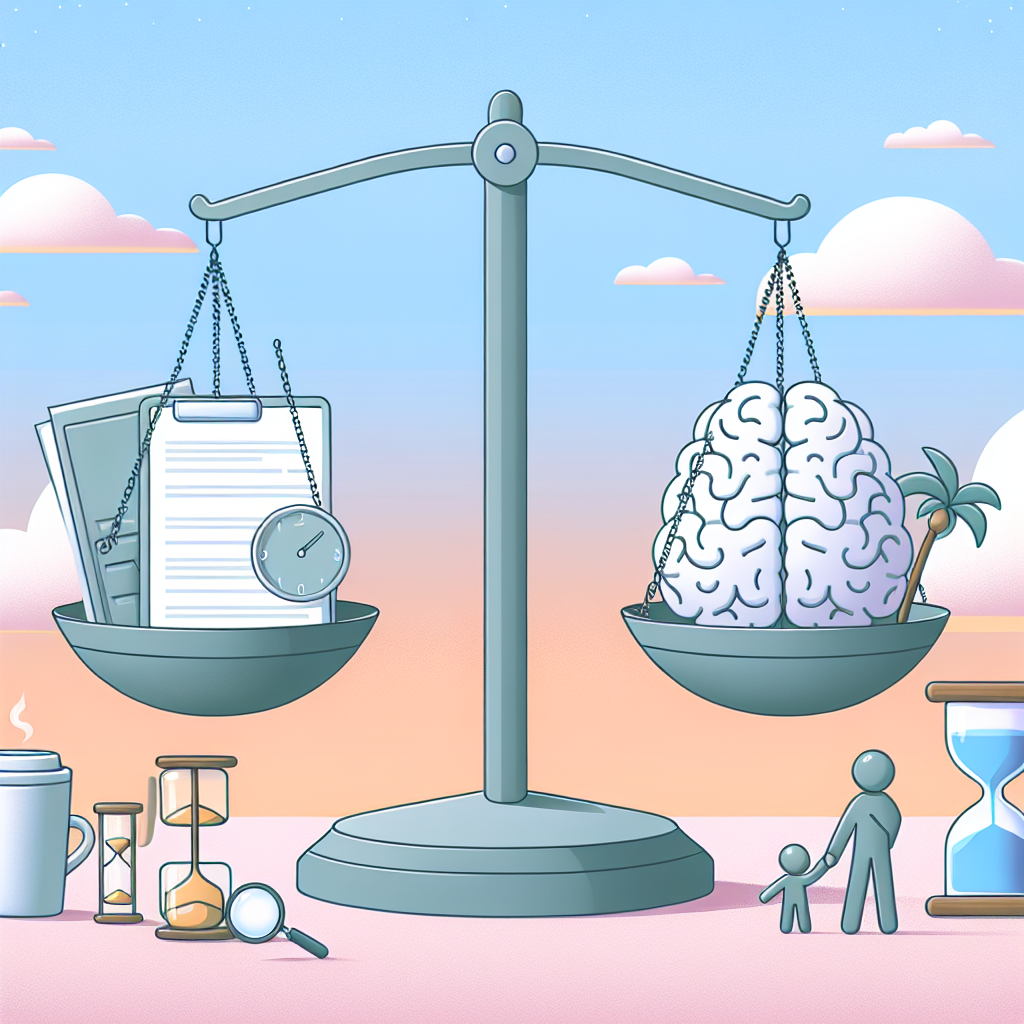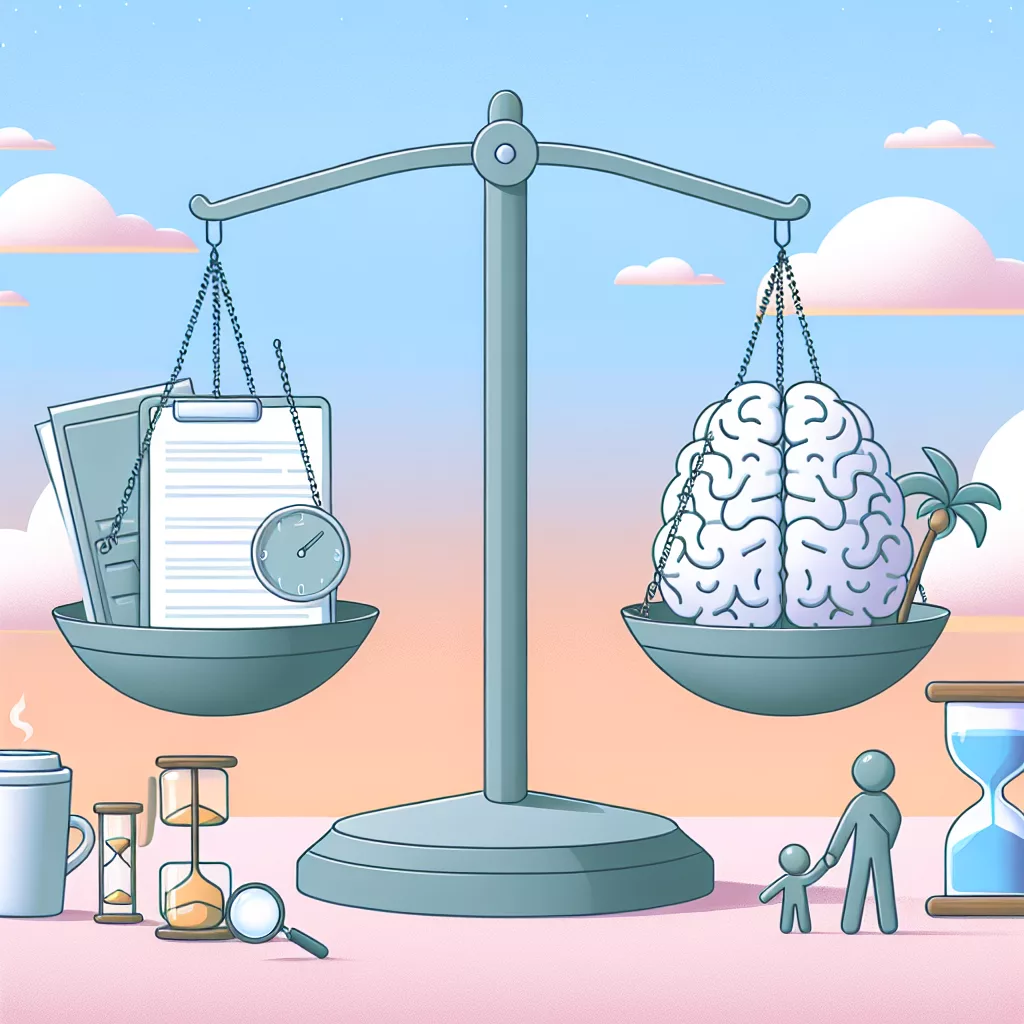The risk of burnout in psychologists is notably high due to emotional demands, intense work environments, and the need for constant empathy.

- High emotional demands from clients’ mental health issues.
- Frequent exposure to traumatic events and stories.
- Long working hours and extensive caseloads.
- Intense emotional and cognitive labor.
- Lack of professional support and supervision.
- High expectations of professional conduct.
- Feeling of isolation in the role.
The analysis of career burnout statistics for psychologists indicates a level of burnout that is moderate.
Reasons Psychologists burnout
According to the science to date there are key reasons people burnout at work. Here’s our top reasons why Psychologist in the Healthcare category has a burnout risk of Moderate:
Burnout among psychologists is a multifaceted issue. One significant factor leading to burnout in this field is the emotional intensity of the work. You are often exposed to clients’ traumas and emotional struggles, which can be draining over time.
Another contributing element is the high workload. The demands on your time can be substantial, with many psychologists managing large client caseloads and administrative tasks. This pressure can leave little room for personal needs and self-care.
Furthermore, there is the emotional labor of maintaining a professional demeanor while managing personal feelings. You must consistently empathize without becoming overly involved, which can be exhausting.
In addition, the profession can involve significant professional isolation. Many psychologists work independently or in small practices, which can limit opportunities for professional support and collaboration. This isolation can exacerbate feelings of stress and burnout.
Lack of adequate resources and support can also heighten burnout risk. When you face resource constraints, like insufficient time or tools, the quality of care can suffer, increasing job stress.
Lastly, ethical and moral dilemmas encountered in practice can contribute to burnout. Making difficult ethical decisions can be a heavy burden, causing stress and dissatisfaction over time.
Burnout rate data for Psychologist/Healthcare
Burnout among psychologists and healthcare professionals is a significant concern, with research indicating high prevalence rates. Studies reveal that factors such as workload, emotional demands, and lack of support contribute to burnout in these fields. According to a survey by the American Psychological Association, many psychologists report feeling overwhelmed and emotionally exhausted, a key component of burnout.
In the healthcare industry, burnout is even more critical due to its impact on patient care. A study published in the “Journal of Patient Safety and Risk Management” highlights that work-related stress and long hours contribute to burnout, which can lead to compromised healthcare outcomes. For more detailed statistics, you can refer to reputable sources like the National Academy of Medicine (https://nam.edu). Further insights on burnout among psychologists can be found in resources from the American Psychological Association (https://www.apa.org).
Do you have experience of Burnout as a Psychologist or in Healthcare?
Share your story about Psychologist burnout on our share your story page.
Burnout in Healthcare
Career Burnout Rates > Burnout in Healthcare > Psychologist Burnout


